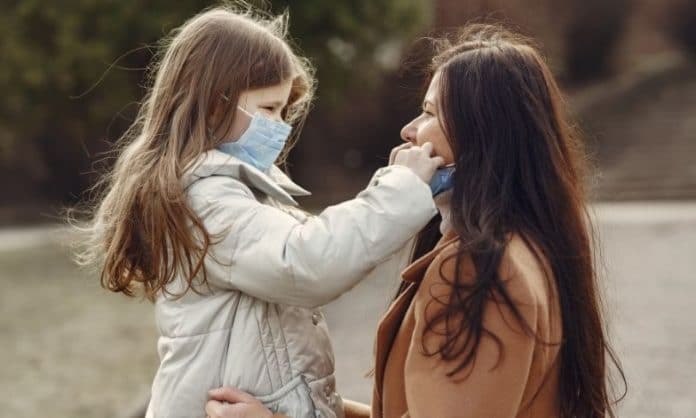The World Health Organization (WHO) warns against mandatory vaccinations unless all other options have been exhausted.
Dr Hans Kluge, the Europe Director of WHO told a press conference today that vaccinations should not be made mandatory “if you haven’t reached out first to the communities.”
“Mandates around vaccination are an absolute last resort and only applicable when all other feasible options to improve vaccination uptake have been exhausted.”
Kluge admitted that such measures had been proven effective in some environments, to increase vaccine uptake.
However, the effect that mandating vaccination could have on public confidence and public trust, as well as vaccination uptake, must be considered.
“Ultimately, mandates should never contribute to increasing social inequalities in access to health and social services,” dr Kluge said.
While cases and deaths have more than doubled in the past two months, COVID-19 deaths have remained significantly below previous peaks. Kluge says that the mortality would have been far worse without vaccination. 55% of all people in Europe and Central Asia are fully vaccinated and 43 out of 53 countries now offer an additional booster dose to their most vulnerable populations.
Dr Kluge pointed out new research conducted by WHO Europe and the European Centre for Disease Prevention and Control, which found that from December 2020 to November 2021, at least 470,000 lives were directly saved through COVID-19 vaccination.
“This is an overwhelming affirmation of the value of vaccines and science, a testimony to government and healthcare worker commitment and most of all a great recognition of the public’s acceptance and support to tackling this pandemic,” dr Kluge said.
He said that Europeans needed to shift from ‘reaction’ to ‘stabilization’ mode in this crisis. Five pandemic stabilizers were needed to keep mortality down, including increasing vaccine uptake, administering a booster, doubling the rate of mask-wearing indoor and ventilating crowded spaces.
Dr Kluge said it was imperative to create COVID-safe learning for young children to avoid school closures and home learning. However, it had to be taken into account that there were often 2 to 3 times higher incidence of infections among young children than in the average population.
“As school holidays approach, we must also acknowledge that children contaminate their parents and grandparents at home, with a ten times increased risk for these adults to develop severe disease, be hospitalized or die when non-vaccinated.”
Therefore, WHO Europe calls for the use of masks and ventilation, and regular testing, at all primary schools. Vaccinating children should be discussed and considered nationally, as part of school protection measures.
Additional links:




